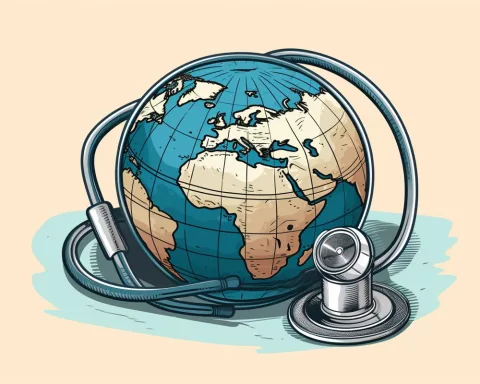South Africa’s healthcare system is set to undergo a significant transformation with the National Health Insurance (NHI) Bill nearing implementation. The Bill aims to provide equitable access to quality health services to all South Africans, regardless of their socio-economic status or geographic location.
Debate Scheduled for NHI Bill
Health Minister Dr. Joe Phaahla and Deputy Minister Dr. Sibongiseni Dhlomo will participate in a hybrid debate at the National Assembly on 13th June to discuss the NHI Bill. The debate will be attended by the Ministers in person and will address concerns raised by stakeholders.
Equitable Access to Quality Healthcare
The NHI Bill is a crucial step towards achieving Universal Health Coverage in South Africa. It seeks to ensure that every citizen’s health needs are met without financial hardships. By providing more equitable access to health services, it will contribute to reducing the burden on the public healthcare system and improving health outcomes for South Africans.
Eliminating Barriers to Healthcare Access
The NHI Bill aims to eliminate the barriers to healthcare access caused by socio-economic disparities and geographic location. This is particularly important in a country like South Africa, where there is a significant gap between urban and rural healthcare provisions.
Media Interaction to Provide Insights
Following the debate, the Department of Health will address concerns raised by some stakeholders about the Bill. Members of the media are invited to join the post-debate media interactions at the GCIS Imbizo Media Center, 120 Plein Street, Parliament. The interaction aims to provide additional information and insights into the NHI Bill’s implications for the South African healthcare landscape.
Significant Step towards Inclusive Healthcare
The NHI Bill’s successful implementation will ensure that all citizens have access to quality healthcare services, regardless of their socio-economic status or geographic location. As South Africa moves closer to the implementation of the NHI system, the debate and subsequent media interaction will provide valuable insights into the Bill’s potential impact on the healthcare landscape.












